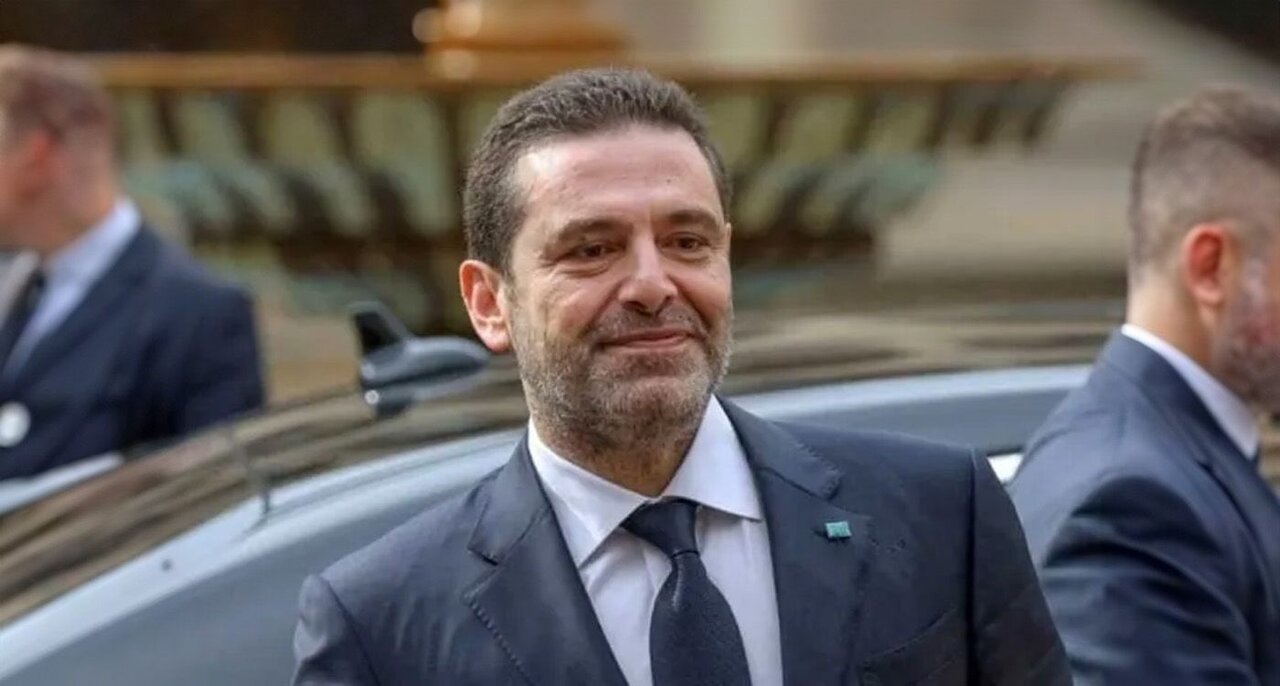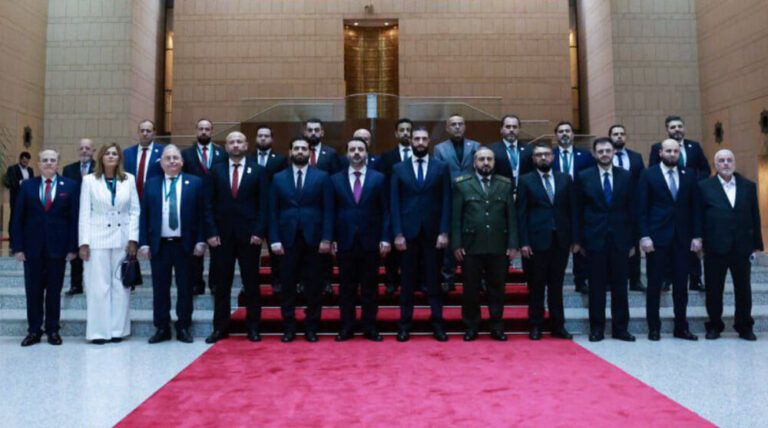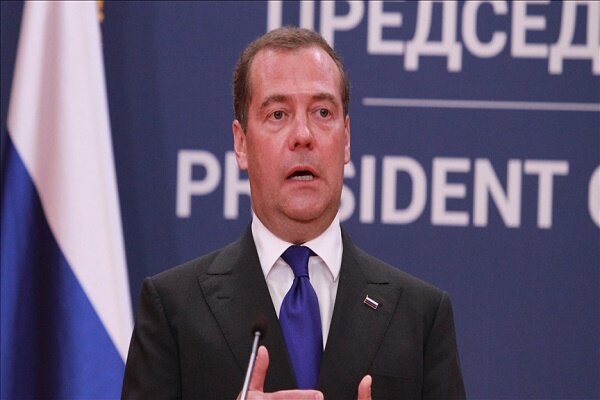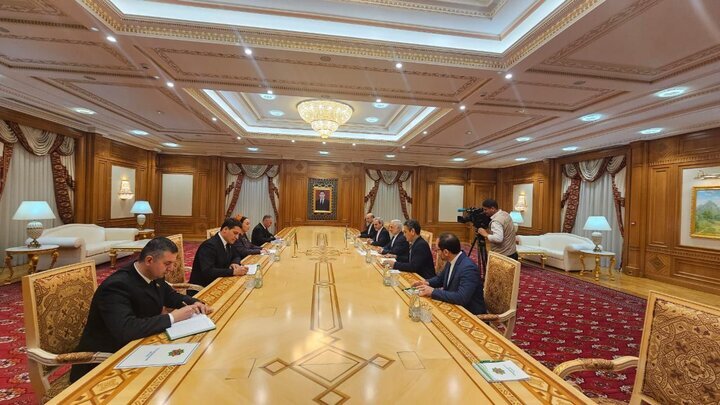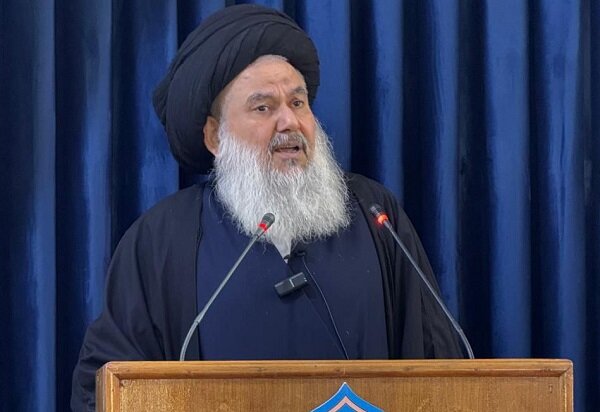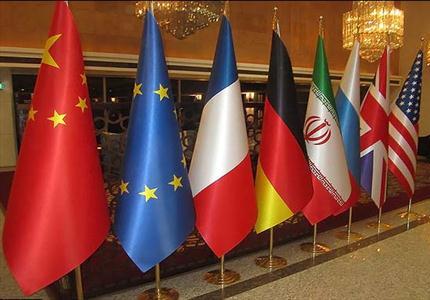Riyadh’s Strategic Move: Exclusion of Hariri from Lebanon’s Municipal Elections
In recent developments in Lebanese politics, Saudi Arabia is attempting to further isolate former Prime Minister Saad Hariri, following a political quarantine that began over two years ago. This action comes as Hariri announced his intent to actively engage in the municipal elections scheduled for May 2025. His announcement, made during a memorial event for his father’s assassination, signals a significant moment in Lebanon’s complex political landscape.
However, Riyadh, in collaboration with Washington, is enforcing a strong influence over Lebanese affairs, particularly aiming to prevent Hariri from participating in the upcoming municipal elections in Beirut. This situation underscores the extent of foreign involvement in Lebanon’s governance.
Some key points to consider regarding this situation include:
- Saudi Veto: The Saudi government has reportedly expanded its veto to include Al-Jama’a al-Islamiah (the Islamic Group), indicating a desire to control the composition of the municipal council.
- Election Interference: Hariri’s exclusion from the municipal elections could also imply he will be barred from the parliamentary elections set for May 2026.
- Failed Coalition Attempts: Former Prime Minister Najib Mikati attempted to create a coalition for a municipal council representing Beirut’s senior families and non-partisan figures, but his efforts were unsuccessful.
On the other hand, the Shiite alliance of Hezbollah and the Amal Movement has reaffirmed their long-standing partnership amid continuing hostilities and challenges, particularly concerning the reconstruction of areas devastated by recent conflicts, notably the U.S.-led Israeli aggression against Lebanon in late 2024.
Historically, Hezbollah’s Secretary-General Sayyed Hassan Nasrallah proposed a joint list of candidates for municipal elections back in 2010, which led to a formal agreement between Hezbollah and Amal. This agreement has since become a foundational element for their electoral strategy.
In a recent interview, Parliament Speaker Nabih Berri emphasized the importance of holding the elections on schedule, declaring that any postponement is “absolutely unacceptable.” He stated:
“We see no technical, logistical, legal, political, or municipal grounds for postponing the elections, even for a single minute.”
Berri also highlighted the need for balance between Muslims and Christians in the municipal council of Beirut, urging all political parties to work towards this goal. He expressed concern about sectarian rhetoric from various political factions, particularly the Lebanese Forces, who have called for dividing the capital into eastern and western districts, reminiscent of the civil war era from 1975 to 1990.
In addition, Lebanon’s Grand Mufti Sheikh Abdul Latif Derian has stressed the importance of maintaining Beirut’s diversity, asserting that no Islamist party should aim to exclude the Christian population from the city.
Both President Joseph Aoun and Prime Minister Nawaf Salam have reinforced the commitment to conducting municipal and mayoral elections as scheduled, warning that any delay would represent a political and constitutional setback for Lebanon.
Historically, Hariri has played a pivotal role in forming consensus lists in Beirut, especially as a leading figure within the Sunni community. As foreign powers like Washington and Riyadh continue to exert their influence over Lebanon, the question arises: what type of municipal council will emerge from this tangled web of interference?
As the political climate evolves, the upcoming elections will be crucial in determining Lebanon’s future and the role of its political leaders in navigating these challenges.
